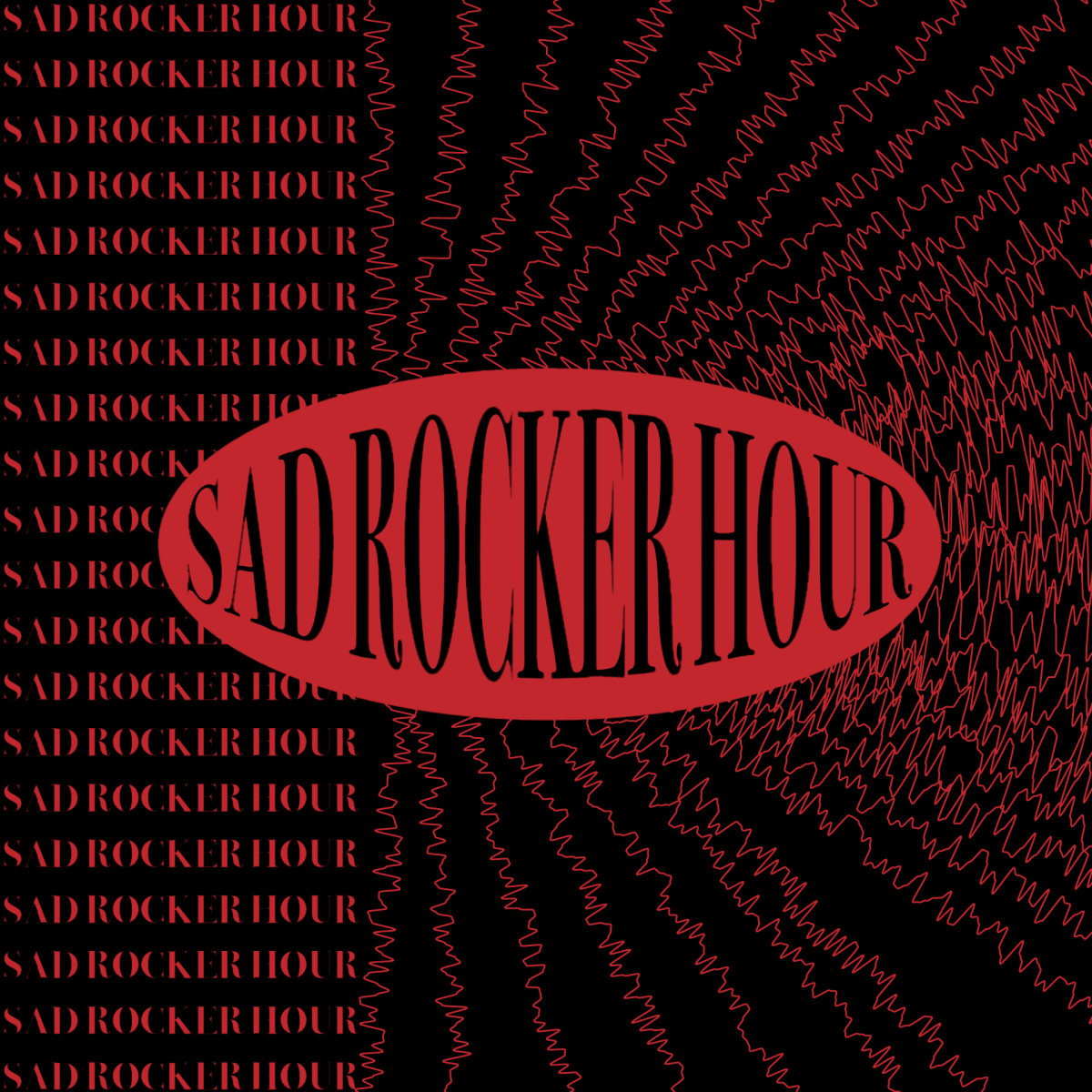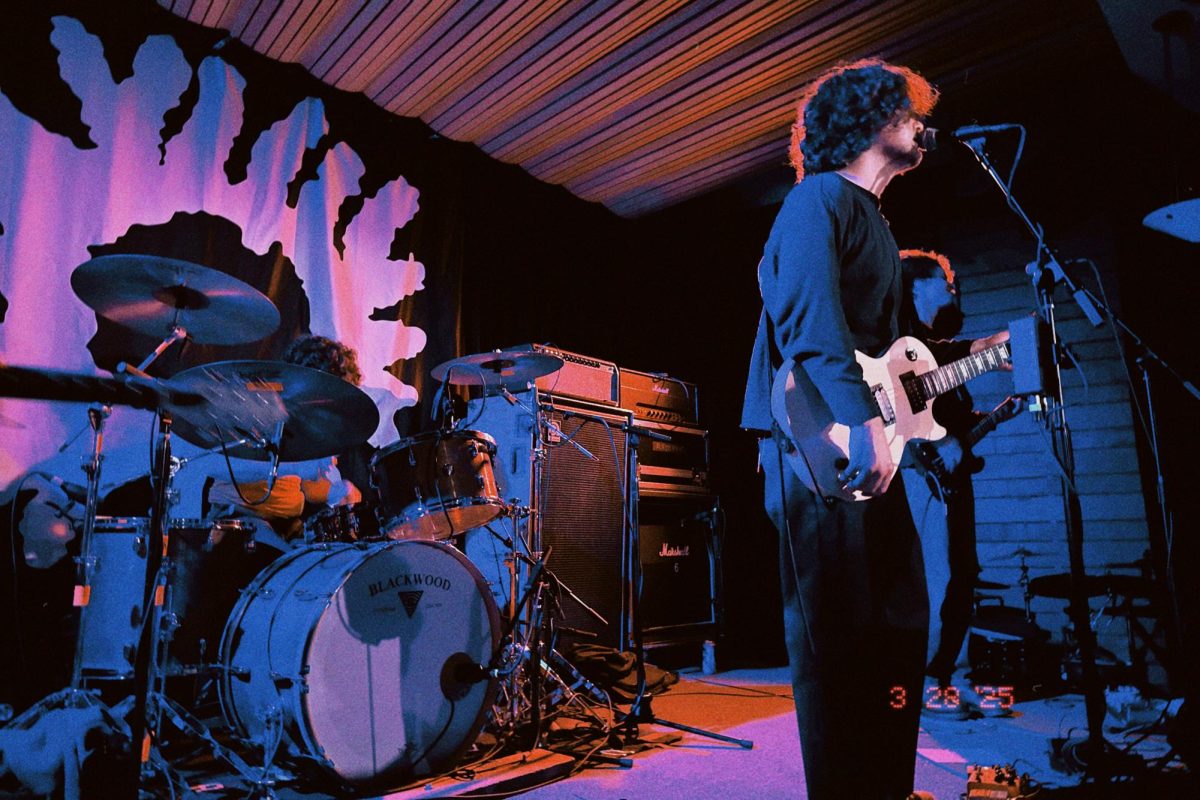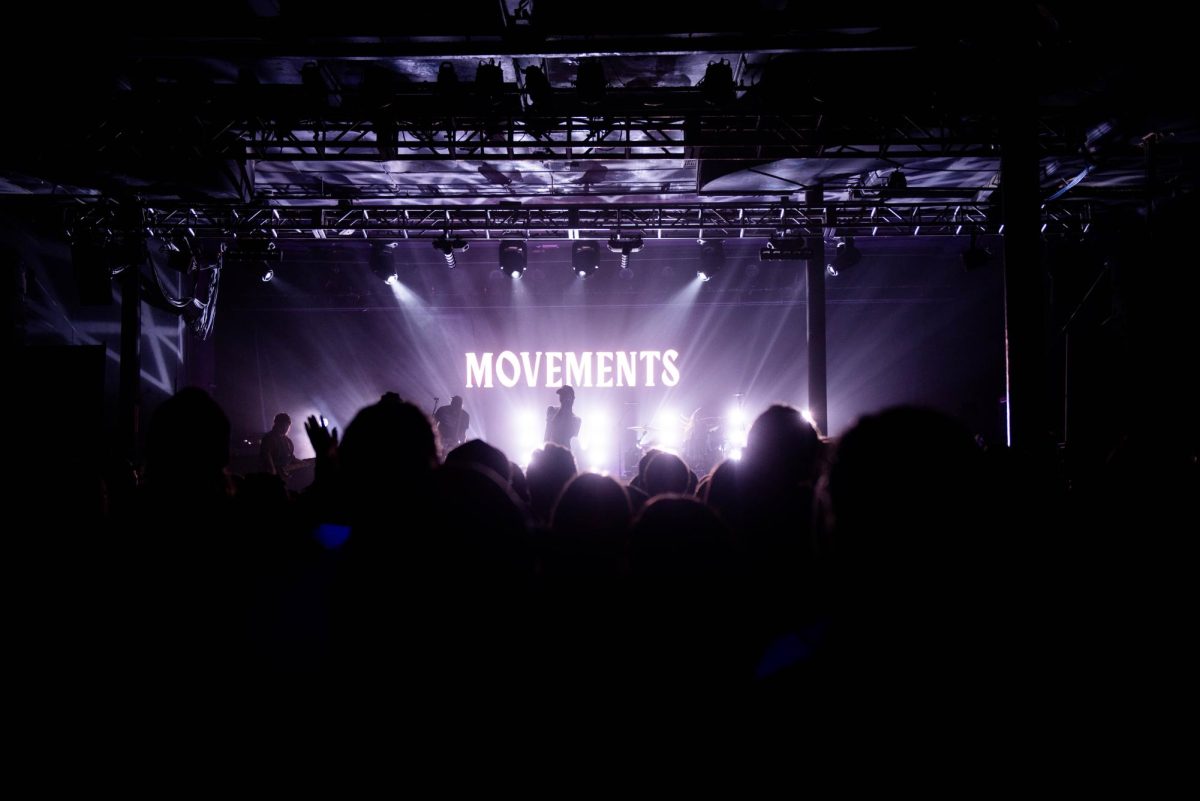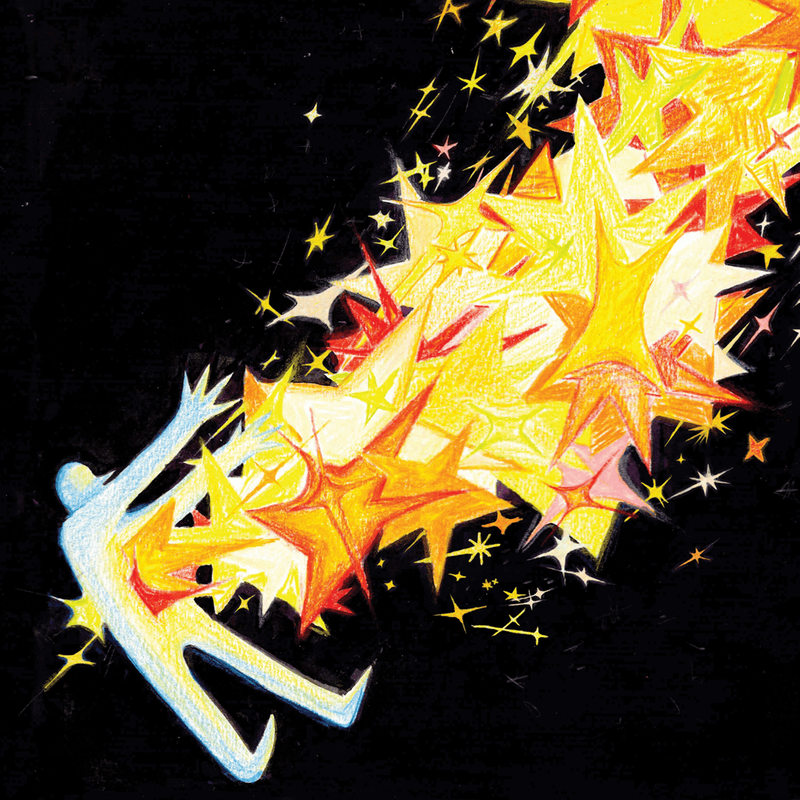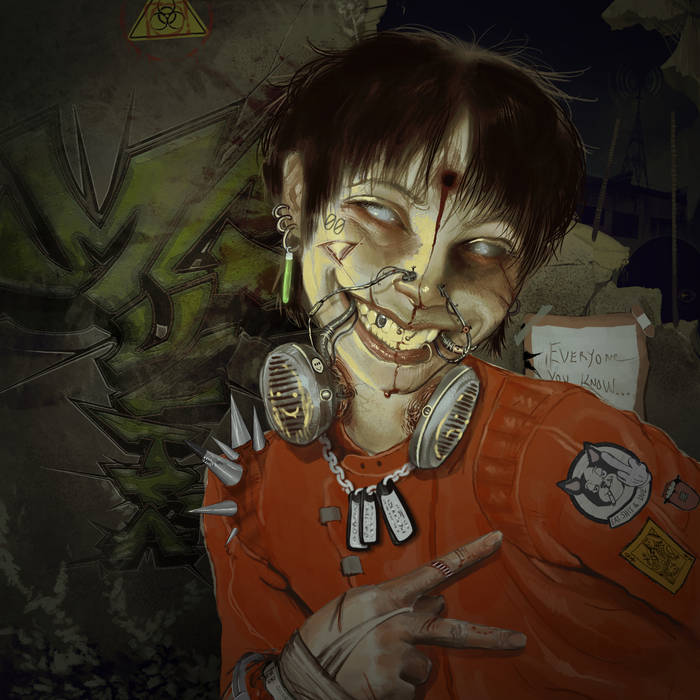Who doesn’t love rocking out? Who doesn’t love rocking out and not feeling a thing? Or rocking out and feeling everything? This playlist is for that person. That person who wants sad music that doesn’t let the sadness keep them from going hard. These are songs that deal with big feelings in big ways. That, at its essence, is how I define a sad rock song. Big themes, usually sad ones, played in big ways, usually with a bitchin guitar tone. These songs are ones I personally resonate with. The lyrics elaborate on topics like love, depression, and friendship that gives a rhythm to the voice in my head. These songs make me feel recognized. The drums, the guitar, the screaming, the all encompassing power of each instrument swirls between my ears every day. This playlist is what I’m listening to right now. Sad rocker hour is what is important to me.
When I heard the first line of “Night Shift” by Lucy Dacus, “The first time I tasted somebody else’s spit, I had a coughing fit” I knew I was in for a debilitating six and a half minutes. Yes, this song is over six minutes of rock and sadness. Dacus’ voice rings so poetically and clearly, there is no ignoring what she has to say. She tenderly delivers painful truths about love after a breakup. As the song progresses, these emotions are increasingly magnified. The words, the instruments, everything gets more intense. The electric guitar starts with some soulful strumming until it builds to dirty, yet satisfying, thrashing. All the while, Dacus gently delivers some of the most intrusive and heartbreaking words. She overall masterfully navigates emotionally transparent lyrics that pair with gritty tones from her band. Simply put, “Night Shift” is powerful in its six minutes of glory.
Have you ever known someone who is always very kind-spirited and level headed? Have you ever felt this person reach their boiling point and seen them snap? That is what “Zombie” by the Cranberries feels like. Of all the songs on my playlist, this is the most political. I am not Irish or English, nor am I deeply invested in their relations. I was not even alive during the peak of the nationalists and unionist conflict in Northern Ireland. But I will be damned if my heart doesn’t break at the way Dolores O’Riordan delivers “And the violence caused such silence.” Her voice is desperate and exhausted and angry. This, coupled with the wall and wailing electric guitars, fills the song with a cold rage. I also feel that the snare drum needs financial compensation for getting absolutely beat and abused while also carrying the song. Regardless, at all the right moments, the song becomes sparse, dialing back the guitar to give you time to resonate with the meaning of the lyrics. All this is to say that sad rock music makes great propaganda.
Elton John could never make a piano sound like Fiona Apple does. This might be a hot take, but I stand by it. My evidence? “Under the Table” by Fiona Apple is my absolute proof. Time and time again, Apple sings with an angst and conviction that is unparalleled. She has also found an unparalleled sound, mixing instruments in scattered, clangy, and deep ways. “Under the Table” is no exception to her unique style. Apple sings about the fury that comes with being a woman in a man’s world, supporting other women on their journey, and not shutting up. This theme is clear and unavoidable. The lyrics are impactful and the music is expansive. The piano and bass sounds are booming and unforgettable. Every decision on this song is clearly informed by the anger and lived experiences that Apple has endured. This song is my blueprint for interpreting every injustice I face as a woman.
I have to admit, the sad to rocker ratio is a little uneven in “Real Love” by Big Thief. This song is a sad one about growing up and seeing your family in a different way. It is majorly slow, but closes with big rock grooves. Throughout, the guitar pitch sets the mood but the toms and snare ground the song in the tough reality of the lyrics. Pounding drums emphasize words like “cry,” “black,” and “heart attack” while guitar notes sway with the song. Eventually, the rocker takes the reins and everything turns. The guitar starts with a riff reminiscent of Jimi Hendrix that brings the song to life. The guitar takes off as the lyrics become more sentimental until the song ends. “Real Love” reminds me of the angst and sorrow I feel when I stay in my childhood bedroom. Maybe it’s the descriptive lyrics, maybe it’s the relatable lyrics, or maybe it just is a reminder of how I am growing up.
It is bittersweet to relate to three of the most openly depressed musicians I know of. Lucy Dacus, Phoebe Bridgers, and Julien Baker, the power trio that make Boygenius, are known to be open about their struggles surrounding health, love, friendship, and queerness. I, like many, find solace in their music. My feelings are validated by their words, but it also makes them very real. By writing lyrics that shine a light on personal emotions and mixing metal, rock, indie, and acoustic sounds, the boys welcome sadness with open arms. Baker is the lead on “$20,” taking the reins on narrating the self-doubt and depression that comes with not feeling like enough. If that is relatable, this song is a tough pill to swallow. From the jump, the guitars on “$20” are the driving force that pulls you into the song. First it’s Baker singing solo until Bridgers and Dacus join in, backing certain lines. Their voices support, emphasize, unite, emote in the places they sing in unison. After the bridge, the wall of rock music breaks. The boys’ lyrics break as well. They sing out of sync and on top of each other, reminding me of an obsessive and contradicting internal monologue. There is a desperation and divergence that anyone who has struggled with deep sadness can relate to. Ultimately, the true release comes when Bridgers starts screaming. Her raw voice is cathartic. I absolutely never regret listening to Boygenius because of songs like this.

